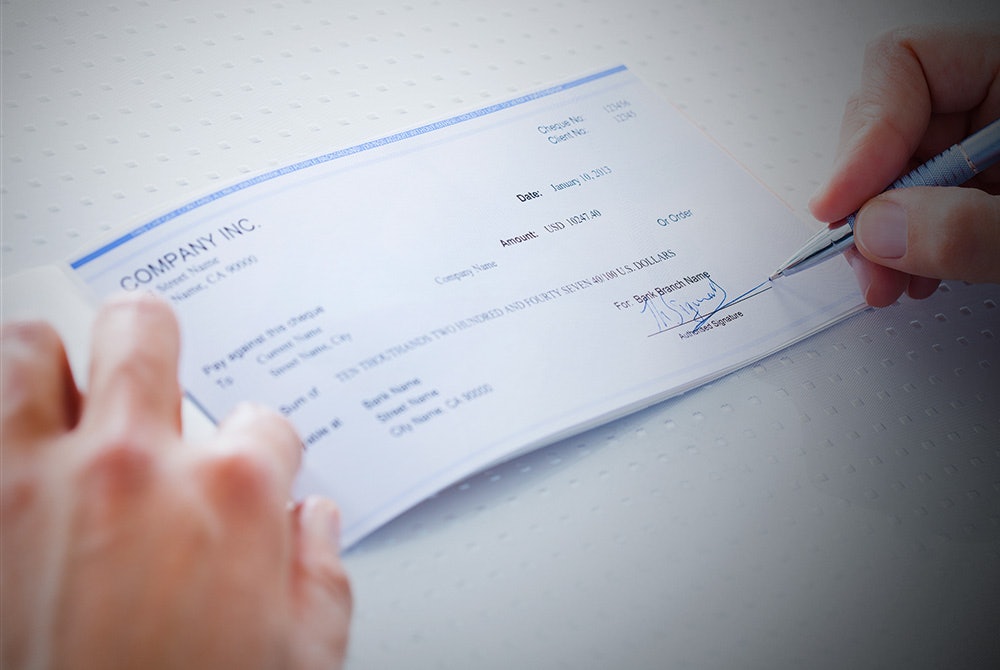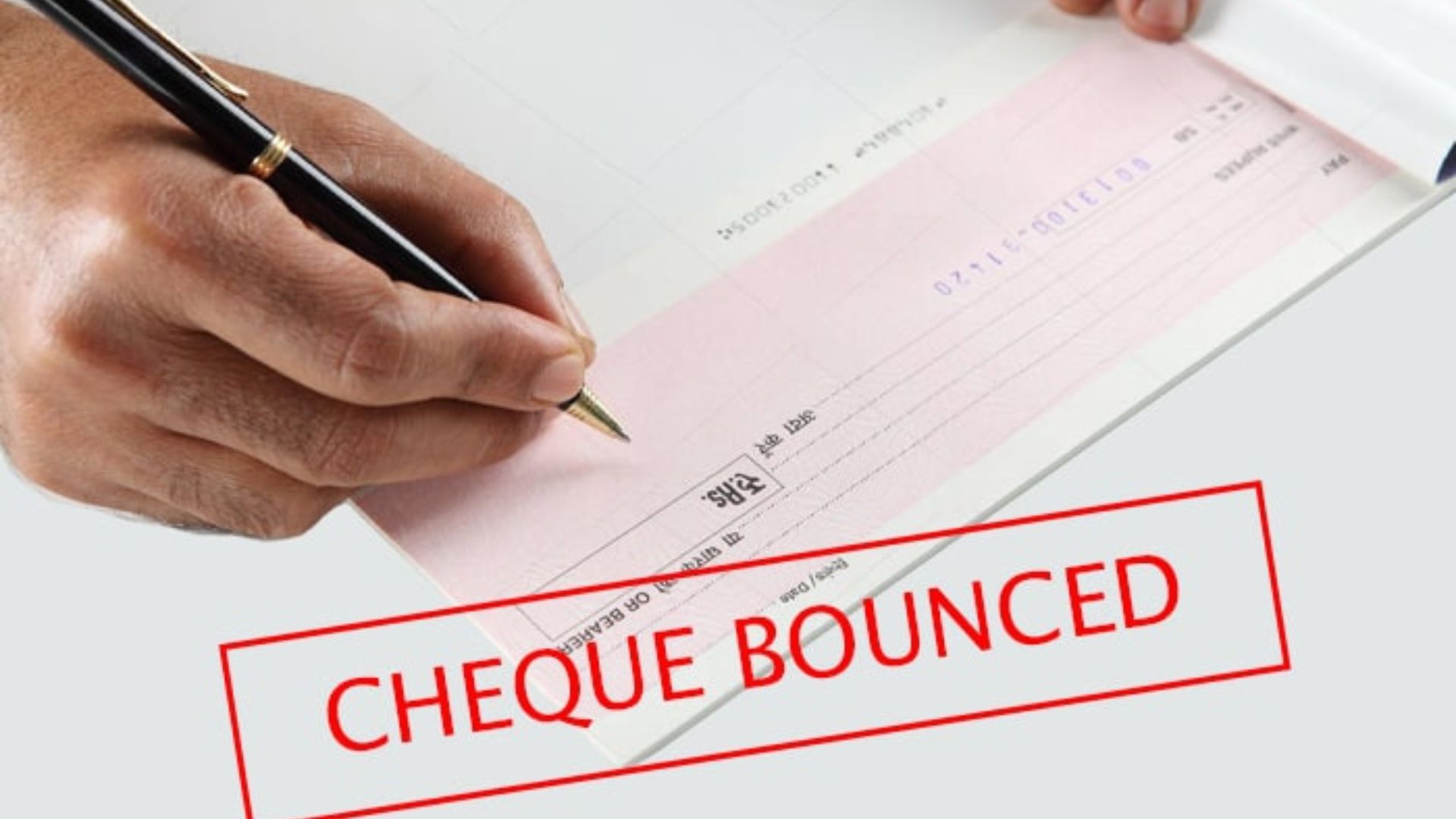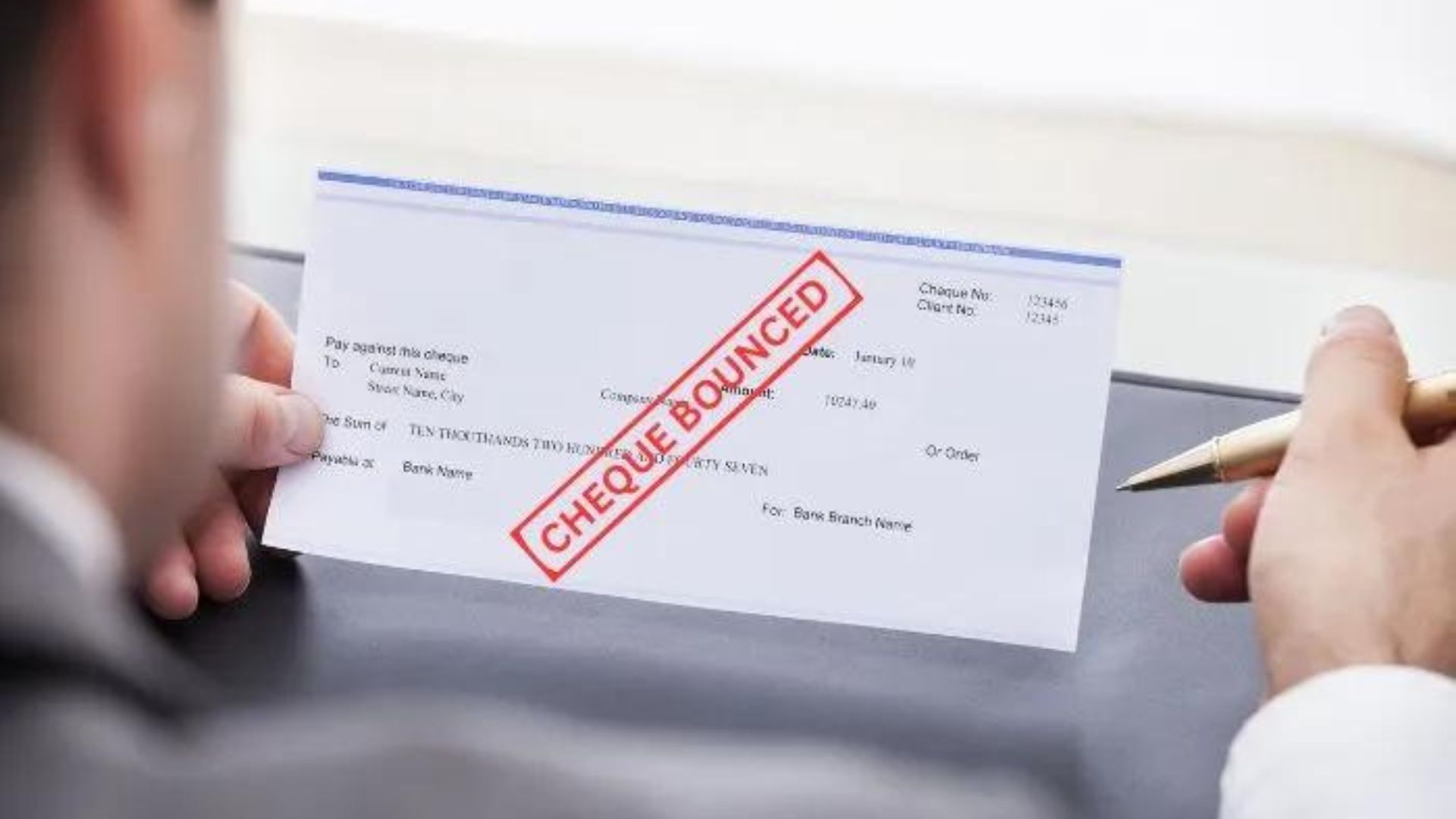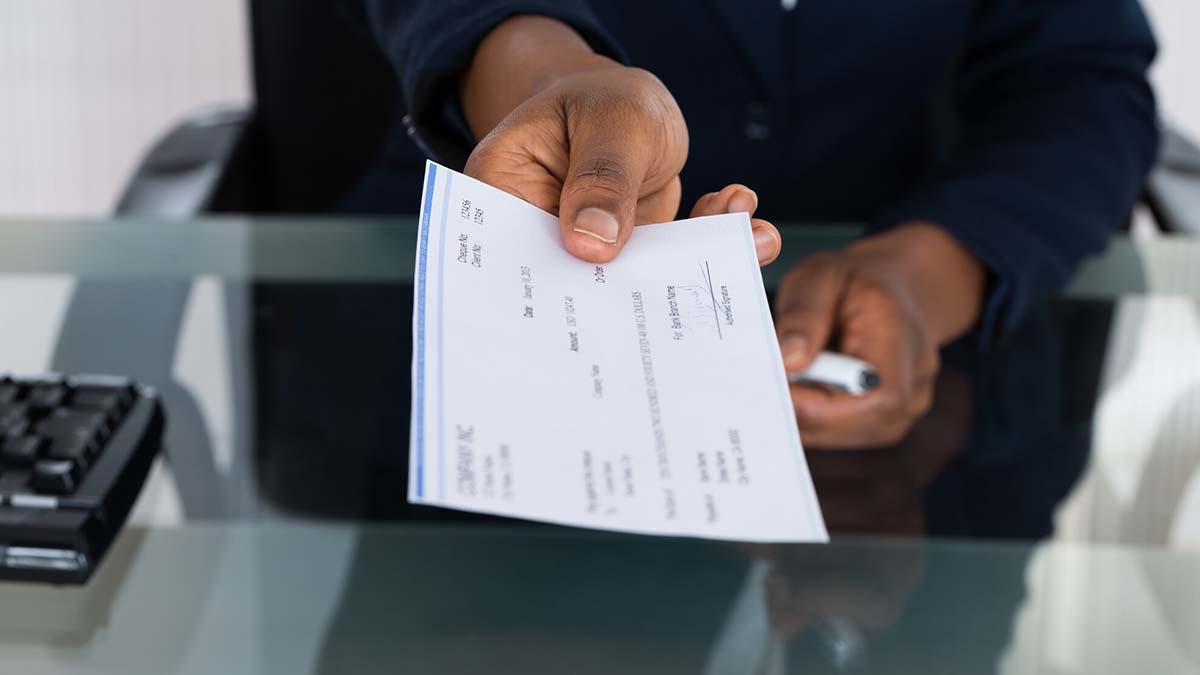What Preventive Measures Can People Take To Avoid Check Bouncing?
What preventive measures can people take to avoid check bouncing? Check bouncing is a financial concern that individuals must address proactively to maintain financial stability. To steer clear of check bouncing, it is crucial for individuals to adopt responsible financial habits and keep a vigilant eye on their account balances.
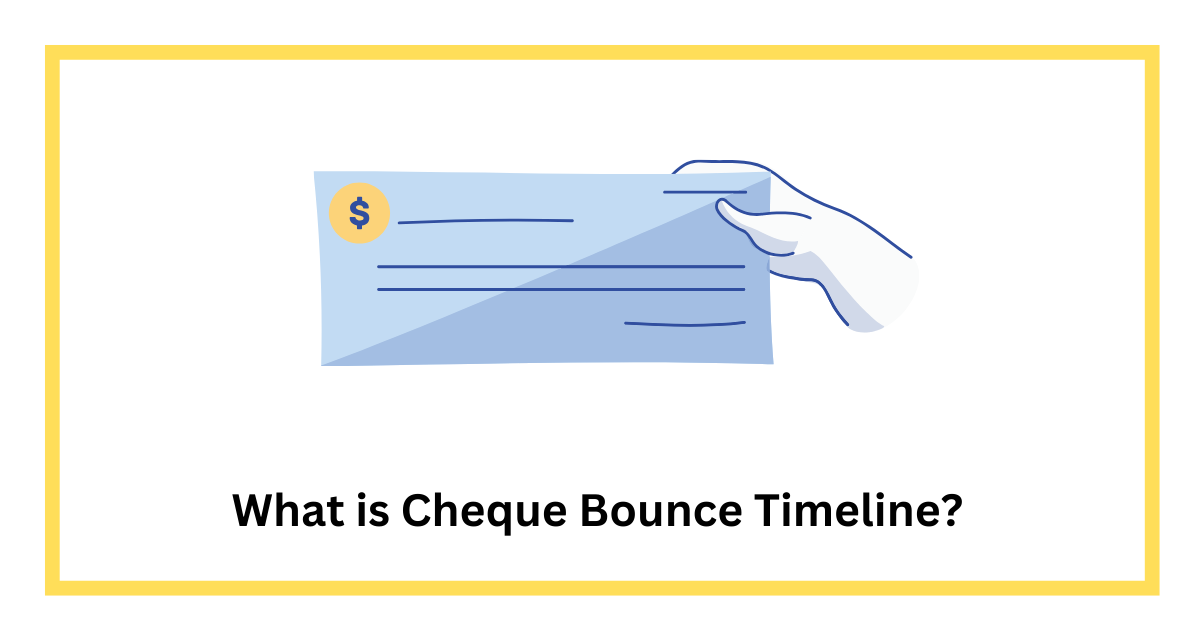
Morgan Barrons
Jan 25, 2024
Understanding the consequences of bounced checks is crucial, as they not only lead to financial loss but can also result in legal repercussions and damage to one's credit score. From the reasons behind check bouncing to the steps individuals can take, this comprehensive guide outlines strategies for avoiding this financial pitfall.
Whether it's utilizing technology wisely, managing electronic payments, or communicating effectively with the bank, implementing preventive measures is key to maintaining financial stability. In this article, we will be discussing what preventive measures can people take to avoid check bouncing.
What Does It Mean When A Check Bounces?
If you write a check and someone presents it for payment, your bank will not recognize it. This is called "bouncing a check." The word "bounce" comes from the fact that the bank or credit union that got the check sent it back because the account holder who wrote the check doesn't have enough money to cover the amount on the check.
A bounced check is sent back to the bank or credit union that issued it. The account user who wrote the check may be charged an overdraft or non-sufficient funds fee at the very least and could face criminal charges if the check meets the state's definition of bank check fraud.
What Happens When A Check Bounces?
More funds, or NSF, were found on the account, which is another name for a bounced check. This means that the person or business that wrote the check needs more money in their account to cover the amount of the check.
Imagine getting a check that doesn't go through because there isn't enough money in the account. This is where the word "bounced check" comes from. It's the worst "boing" sound in the world of money. Several things can cause a check to bounce. You can bounce a check, whether you write it or receive it.
- Looking Forward - You were looking forward to getting a lot of cash that would cover a check, but it takes longer than expected to arrive.
- Bank Mistake- It's not likely, but sometimes your bank might think you need more money in your account to cover a check you wrote.
- Account Closed - If you switched banks, remember that you still had a check that was out there.
- The Deposit Was Pushed Back - When you were short on cash, the person you wrote the check to deposit it without you knowing.
- They Are Taking Advantage - Some people write checks even though they know they don't have the money to cash them. Then, they pay for things with the checks, leaving the person who has the check without cash.
- You Are Slowly Balancing The Checkbook- One mistake could make you think you have more money than you do if you don't write down that you wrote a check.
Why Does A Cheque Bounce?
The word "cheque bounce" refers to when a check cannot be processed for some different reasons. One of the main reasons is usually that the provider needs more money in their account.
The bank handles this by not honoring the check and then charging a certain fee. In addition, this can be a crime if the person giving it to you has terrible intentions or if it involves crossing state lines.
Non - Sufficient Funds/Insufficient Funds
The check is most likely to bounce if the account from which it was written needs more money in it. Since this is the case, the bank will charge a small fee that both the provider and the depositor will pay.
Damaged Cheques Are Faulty
Different banks across the country won't cash checks that are ruined or look bad. Most of the time, checks get bounced when they have marks or spots on them that make it hard to see the information on them. People should be careful that the checks they give out are kept from getting lost or destroyed.
The Difference In Details Mentioned
If there is a difference between the amount written in the words column and the amount written in the numbers column, the bank that is handling this will not honor that check.
Another straight reason for a check to bounce is if the amount in the words column has any number and the value in the numeric value column has any letter.
Mismatch Of Signatures
This is one of the main reasons checks don't clear all over the land. It's likely one of the main problems that a lot of people are having. The check may bounce if the signature on it does not match the signatures that are on file with the bank.
Overwriting /Scribbling On Cheque
There can't be any writing, drawing, or editing done on top of the information or details on the check. This means that the check is quickly turned down. If there is a mistake on the check that was already written, get a new one. Because of this, don't get the wrong checks.
Dates Mentioned On The Cheques Are Equally Important
One of the most important things about a check is the date that it was written. A lot of people think this is a small problem, but it can cause essential checks not to be performed. Any change could mean more work.
Fraudulent Checks
There is always a chance that a check will be different from what it seems to be. Someone could do this if they steal your wallet or use your account information to make a fake check. To keep this from happening, keep your checks in a safe place and check your account often for any strange behavior.
Delayed Processing
When you cash a check, the money may not clear for a few days. You might have to wait for the first check to bounce before you can write another one during this time. To avoid this problem, wait to write another check until the first one has passed.
How To Avoid Bouncing Checks?
To avoid bounced checks, you need to get into a few good habits that will also help your money in other ways.
Monitoring And Managing Your Account
Check your bank account to see how much money you have left to spend. Only write the check if you have the money. Remember to add up regular payments and online bill payments.
Utilizing Technology Wisely
Check your account amounts before you spend money. You can use your phone or computer to log in to your accounts online. Check your amount at an ATM or, if you have to, call your bank. It's worth the extra time to avoid having checks bounce.
Budgeting For Financial Control
That way, you'll know where every dollar goes before you even get it. When you plan, you can make sure you have enough money to pay for the things you need and not spend too much on things you'd rather not have.
Managing Electronic Payments
If internet payments are giving you trouble, stop using them. Doing everything by hand is the best way to keep track of and understand your spending. You can start using technology again once you stop bounced checks.
Keep in mind that you might need help to do everything or that it might cost more to write checks than to pay your bills online. Because of this, you may want to pick and choose what to do in person.
Optimizing Online Bill Payment
You can still use your bank's online bill payment service to pay your bills, but it's still best to read each one and choose when to pay it. When you pay your bills online, all you have to do is click "Submit" once everything is set up. This saves you money on mail.
Securing A Financial Safety Net
If everything else fails, get an extra line of credit. It is usually the cheapest choice at the bank. Most of the time, the steps above will keep you from having to bounce checks, but it's always a good idea to have a backup plan.
Keeping Track Of Transactions
Keep track of deals; this is another essential way to stop checks from being returned. People can get a better idea of how much money they have available and avoid writing checks that might bounce by keeping track of all the checks they write, payments they make, and other account activity.
People can stay organized and make sure they know what their account amounts are at all times by using a check register or financial tracking software.
Communicating With The Bank
Another important thing you can do to stop bad checks is to keep the lines of communication open with the bank. People can lower their risk of unexpected holds on their accounts that could lead to bounced checks by letting the bank know about any planned extensive deposits or withdrawals.
In addition, talking to the bank about any worries or questions about account amounts and transactions can help people understand their finances better and write checks with more knowledge.
Add A Linked Account
If you link your checking account to a savings account or another source of funds, you can move money from that account to your checking account to cover a transaction and keep your level of funds from dropping.
Use Your Bank's Overdraft Features
To avoid bouncing checks, consider leveraging your bank's overdraft features. Many banks offer overdraft protection, allowing transactions to go through even if your account lacks sufficient funds.
This feature can prevent embarrassing situations and additional fees associated with bounced checks. However, it's essential to understand the terms and potential fees associated with overdraft protection to make informed decisions about utilizing this service.
Use A Debit Card
Opting for a debit card over checks can be a practical strategy to prevent bouncing checks. Debit card transactions are typically processed in real time, immediately deducting funds from your account.
This instant transaction processing reduces the risk of overspending and helps you manage your finances more effectively. Additionally, using a debit card eliminates the need for writing physical checks, minimizing the chances of errors or miscalculations that could lead to bounced checks.
Consequences Of Cheque Bounce
A bounced check is not only inconvenient for the person who is supposed to receive it, but it can also get the person who wrote the check in trouble with the law. If a check bounces, some of the things that can happen are:
Financial Loss
When a check bounces, the person who wrote it loses money right away because the payment doesn't go through, which could lead to late fees and bank charges. This hurts the person or business that was expecting payment, as it stops cash flow and puts a strain on finances.
Legal Action
In many places, it is illegal to write a "bounced check." Recipients can go to court and sue the issuer, which could lead to fines or even jail time for the author. Going to court not only adds stress but also costs money, which makes the financial problems caused by the lost check even worse.
Damage To Credit Score
When a check bounces, it can hurt the issuer's reputation. Financial institutions may send these kinds of events to credit bureaus, which can hurt the person's credit score. A lower credit score can make it harder to borrow money in the future, which can hurt both your personal and business finances.
Penalty Charges
In addition to any fees the receiver may charge, banks often charge fee penalties for checks that don't clear. These fees are different, but they all add up to make the issuer's total costs higher.
The economic effects of the bounced check are amplified by the fees and fines that add up over time. This shows how important it is to be responsible with money.
6 Steps To Take After Bounced Checks
It can be hard to get back on track financially after having checks bounce. Checks that bounce can have many adverse effects, ranging from hurting your credit score to getting you in trouble with the law.
It is possible to get back on track financially after this loss, though. This part will talk about what you can do to get your finances back on track after a lost check.
Assess The Damage
The first thing you need to do to get your finances back on track is to figure out how much damage was done by lost checks. First, look at your bank records and count how many checks have bounced. It will help you figure out how much damage was done and how much money you owe.
Prioritize Outstanding Debts
Once you know how much you owe, put your bills in order of how much you owe. Pay off the bills that cost you the most money over time first. These are the ones with the highest interest rates. Then, pay off your past-due or in-collection bills first because they have the most weight on your credit score.
Negotiate Payment Plans
If you can't pay off all of your bills at once, you should talk to your creditors about making payment plans. A lot of lenders are ready to help you make a payment plan that works for you. But it would help if you were sure you could stick to the payment plan because not making payments can have terrible results.
Build An Emergency Fund
After having checks bounce, it's essential to save money for emergencies. This will help you avoid future money problems and give you a safety net in case you have to pay for something unexpected. Start by putting away a small amount of money every month. As time goes on, slowly increase the amount.
Monitor Your Credit Score
If you bounce checks, it can hurt your credit score a lot. It is essential to check your credit score often to make sure it is correct and up to date. Each of the three leading credit companies will give you a free report on your credit once a year.
Seek Professional Help
If you need help getting your finances back on track after lost checks, you should get help from a professional. You can get help from a financial expert or credit counselor with managing your money, making a budget, and coming up with a plan to pay off your debts
Frequently Asked Questions
How Can A Person Avoid Bouncing A Check?
Maintain a sufficient balance in your account to cover the check amount.
How Do You Stop A Check From Bouncing?
Contact your bank immediately to stop payment on the check if possible.
How Do You Deal With A Bounced Check?
Address the issue promptly by covering the insufficient funds and any associated fees.
What Causes Overdrafts For Bounced Checks, And Why Do People Try To Avoid Them?
Overdrawing an account leads to overdrafts, and people try to avoid them to prevent financial penalties and damaged credit.
Final Thoughts
I hope that you have understood what preventive measures can people take to avoid check bouncing. Proactive financial habits, such as monitoring accounts, optimizing online bill payments, and utilizing overdraft features, can significantly reduce the risk of bounced checks. Recognizing potential pitfalls, from mismatched signatures to fraudulent checks, empowers individuals to safeguard their financial well-being.
By assessing the damage, prioritizing debts, and building an emergency fund, one can navigate the aftermath of bounced checks and work toward financial recovery. Seeking professional help, when needed, ensures a strategic approach to overcoming challenges and securing a stable financial future.
